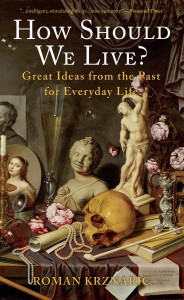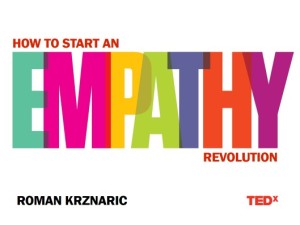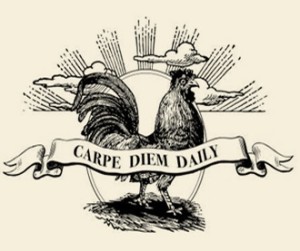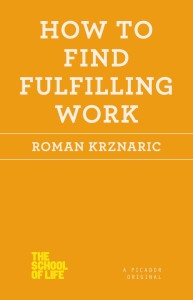 It’s launch day for my new book How Should We Live? Great Ideas from the Past for Everyday Life, which has just been released in the US. Previously published in the UK under the title The Wonderbox (sorry, a bit confusing, I know), it’s about what history can teach us about the art of living. What might we learn from the Ancient Greeks about the different varieties of love, from the Renaissance about creativity and death, or from the industrial revolution about rethinking our attitudes to work, money and family life?
It’s launch day for my new book How Should We Live? Great Ideas from the Past for Everyday Life, which has just been released in the US. Previously published in the UK under the title The Wonderbox (sorry, a bit confusing, I know), it’s about what history can teach us about the art of living. What might we learn from the Ancient Greeks about the different varieties of love, from the Renaissance about creativity and death, or from the industrial revolution about rethinking our attitudes to work, money and family life?
But rather than tell you all about the book myself, there’s a fascinating review and discussion of it by the brilliant Maria Popova from Brain Pickings, which came out today. She describes it (most flatteringly) as ‘an illuminating and awakening read in its entirety’. Check out her full article, which focuses on the topics of love, time and empathy.
 My new talk from TEDx Athens has just gone online – How to Start an Empathy Revolution. From human libraries to babies teaching empathy, here are the ingredients for transforming empathy into a force for social change. I hope you enjoy it! Please share with friends, family, colleagues and strangers.
My new talk from TEDx Athens has just gone online – How to Start an Empathy Revolution. From human libraries to babies teaching empathy, here are the ingredients for transforming empathy into a force for social change. I hope you enjoy it! Please share with friends, family, colleagues and strangers.







